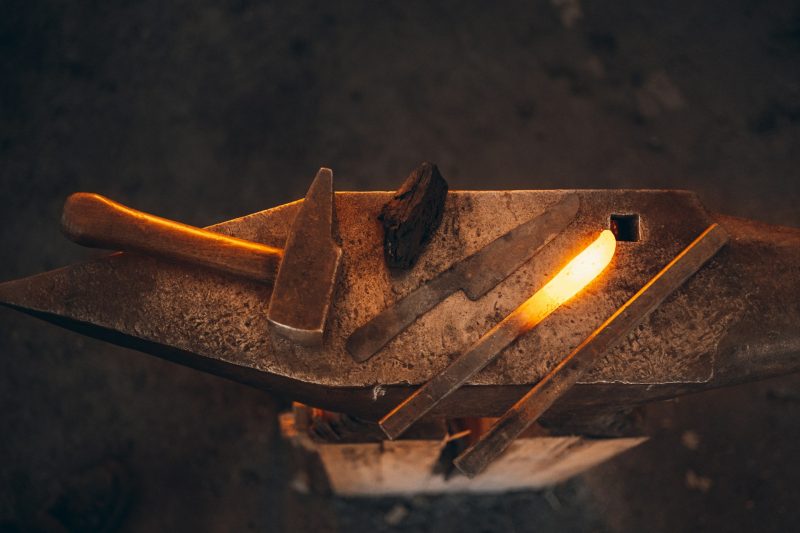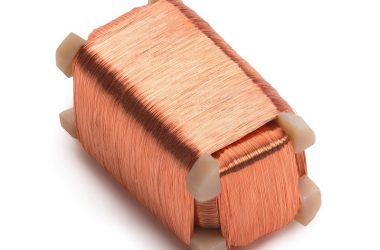Last Updated on: 13th December 2024, 02:55 pm
Metals have been an integral part of our lives since we first discovered them, starting with iron, then we discovered bronze and the rest is history, as they say. Casting has long been a method to form a shape that is in mold form, then molten metal is poured into the mold and what that hardens, the mold is carefully removed to reveal the desired form. This methodology has been around for millennia, yet it is constantly being refined and, in this article, we outline the process of alloy casting that US manufacturers are using.
Wide range of alloys
The first thing is to decide on the alloy; there are so many different grades, all with unique properties; consult with alloy castings specialists and their team of metallurgists can advise you accordingly. Once the team are fully aware of the properties you desire, they can create a formula and test it. Adjustments might need to be made and only when the client is completely satisfied, does the mold process go into batch making.
Here are a few main alloys:
- Aluminum alloys – Suitable for heavy industry, while the aerospace industry relies on aluminum alloys.
- Iron alloys – This has many applications across a broad spectrum of industries. Superior strength is one property iron alloy brings to the table.
- Nickel alloys – Known for their corrosion resistance and are used widely in textiles and appliances.
- Stainless steel alloys – Probably the most common alloy in today’s world, steel alloys can be finely tuned to meet your requirements.
Main industries for alloy casting
These include,
- Aerospace
- Defense & military
- OEM
- Medical
- Gas and oil
- Mining
- Civil engineering
When a customer approaches a casting foundry, they have a set of specific requirements and the metallurgists match this with the perfect alloy; tests are performed and eventually, the alloy casting is ready for production. Click here for reasons why global connectivity has changed the world forever.
Forms of casting
They include:
- Investment casting
- Pressure die-casting
- Injection mold
- Sand casting
- Water glass casting
- Gravity die-casting
Each has its own unique set of properties, depending on the needs of the customer; a project might take a few weeks from initial introduction to the finished product.
Tailored by a team of professionals
The team of metallurgists have a wealth of experience creating the best alloys and they collaborate with the customer, using their extensive knowledge to select the right combination of alloys and the correct type of casting. It is quite a lengthy and complex process to come up with a winning formula, giving the customer the perfect form for their project.
To conclude, if you are looking for alloy casting, talk to a leading US foundry with a wealth of hands-on experience in creating alloy castings across a wide range of industries.









